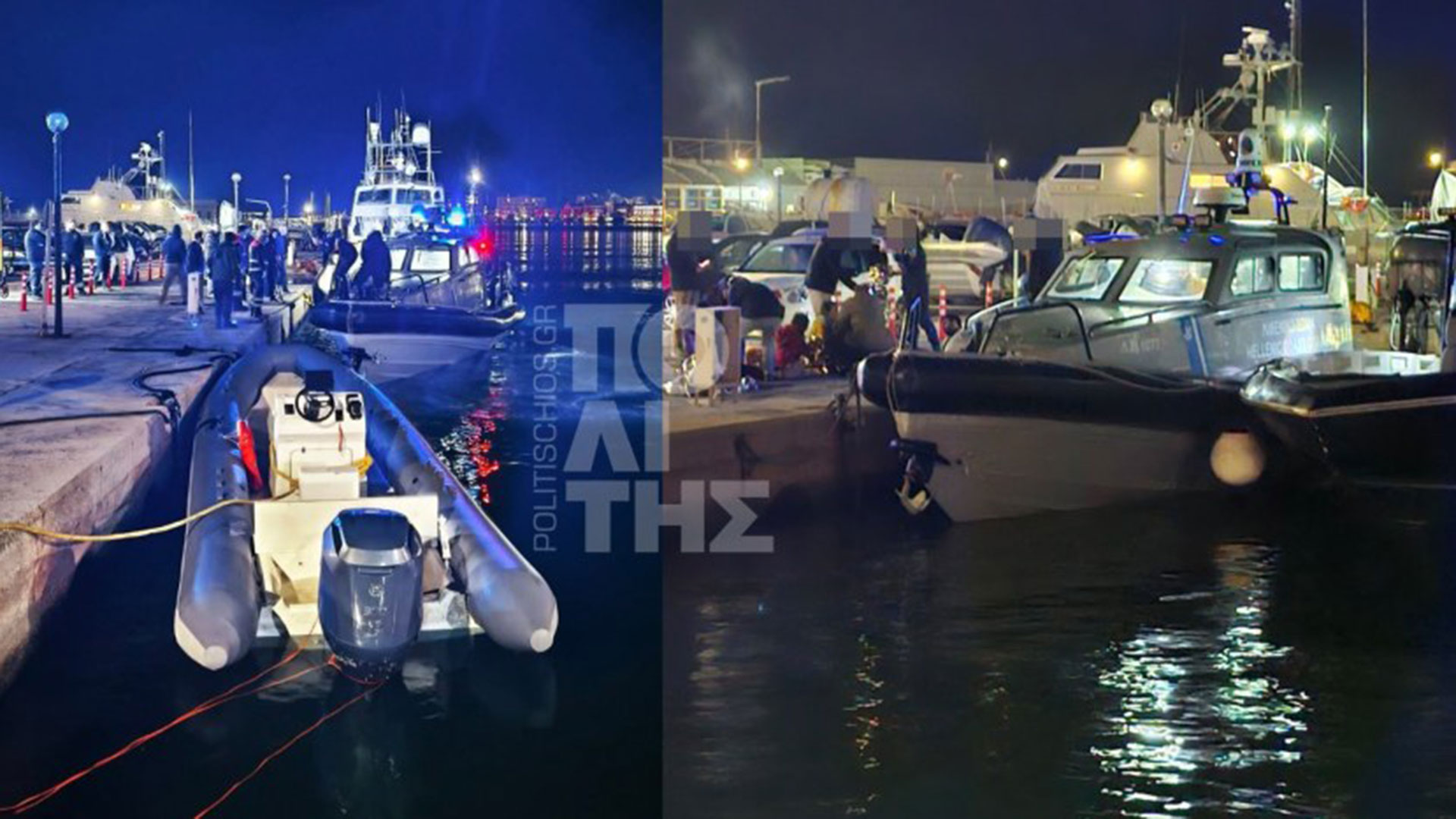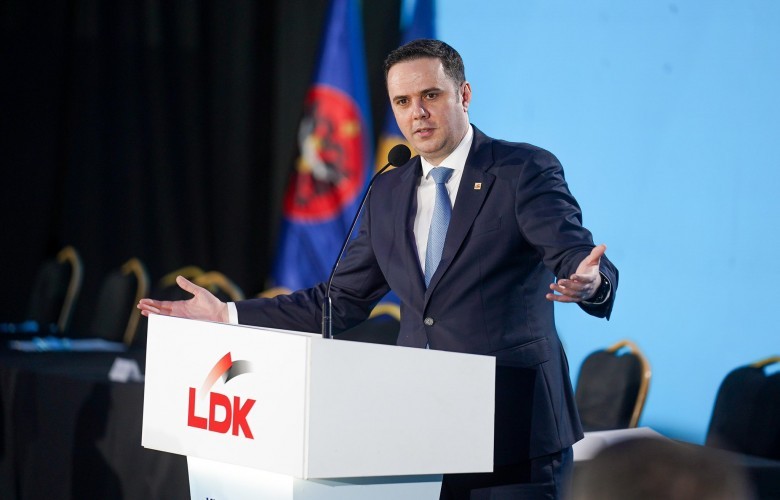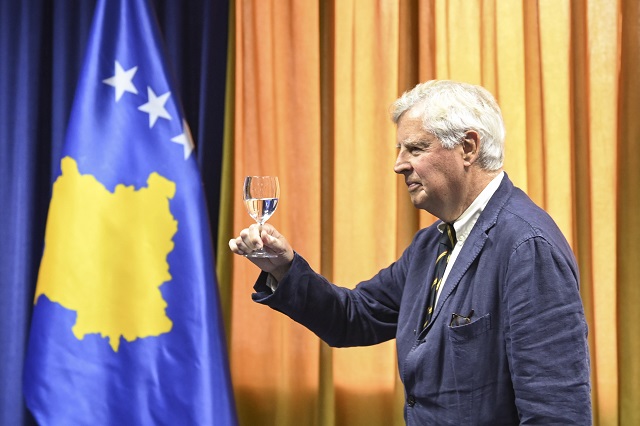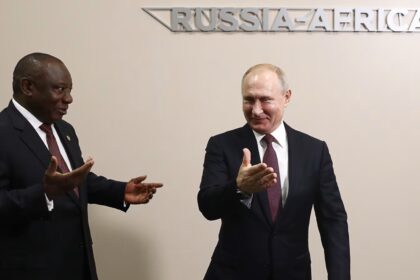Pas takimit me ish- Përfaqësuesin Civil Ndërkombëtar për Kosovën dhe ish- Përfaqësuesin Special të Bashkimit Evropian, Pieter Feith, në shënim të 10-vjetorit të përfundimit të mbikëqyrjes ndërkombëtare të pavarësisë së Kosovës, kryeministri Kurti, po ashtu organizoi një pritje për z. Feith, në ndërtesën e Qeverisë. Përpos z. Faith, në këtë organizim të Zyrës së Kryeministrit të ftuar ishin pjesëtarë të korit diplomatik në Kosovë dhe përfaqësues të institucioneve vendore.
Në fjalën e tij para të pranishmëve, e cila filloi me ngushëllimet drejtuar ambasadorit të Mbretërisë së Bashkuar në Kosovë për vdekjen e Mbretëreshës Elizabeth II, kryeministri Kurti tha se sot po shënojmë 10-vjetorin e një ngjarje të rëndësishme për vendin tonë që paraqet fundit e një epoke dhe fillimin e një tjetër – momentin kur Kosova bëhet ajo që është sot, një shtet i lirë, sovran dhe plotësisht i pavarur.
“Festimi i përfundimit të pavarësisë së mbikëqyrur nuk do të ishte i plotë pa falënderuar personin që udhëhoqi atë proces, z. Pieter Feith”, tha kryeministri Kurti duke rikujtuar se atë botë ishte kritik i mbikëqyrjes ndërkombëtare si kufizim i pavarësisë dhe sovranitetit të vendit.
“10 vjet pas, Kosova është larg vendi më demokratik në Ballkanin Perëndimor”, u shpreh kryeministri Kurti, dhe përveç sukseseve në çështje të brendshme, shtoi ai, ajo ka dëshmuar veten si partnere e besueshme dhe aleate besnike në arenën ndërkombëtare duke marrë pjesë në Defender Europe 21 përkrah 26 vende, duke u bërë bashkë me ShBA-të dhe BE-në në vendosjen e sanksioneve ndaj Rusisë, dhe duke u bërë strehë e 1,800 refugjatëve nga Afganistani dhe 9 gazetarëve nga Ukraina që tashmë janë bërë banorë të Prishtinës.
Kryeministri Kurti veçoi vendimin e Gjykatës Ndërkombëtare të Drejtësisë, të korrikut të vitit 2010, që deklarimi i pavarësisë nuk kishte shkelur ligjet ndërkombëtare dhe vendimin e Grupit Drejtues Ndërkombëtar, të shtatorit të vitit 2012, për përfundimin e pavarësisë së mbikëqyrur, si dy momentet që kanë përmbyllur debatin ligjor, politik dhe demokratik mbi pavarësinë meritore dhe të drejtë të Kosovës.
Fjala e plotë e Kryeministrit Kurti në gjuhën angleze:
Dear members of Parliament and ministers of the cabinet,
Honorable ambassadors and diplomats,
Dear Mr. Pieter Feith,
Ladies and Gentlemen,
Since this is the first time we have gathered since the passing of Her Majesty Queen Elizabeth II, so let me begin by publicly expressing my condolences to the Ambassador of the United Kingdom. Queen Elizabeth II was an extraordinary royal and political figure and personality of the 20th and 21st century. May she rest in peace.
Dear friends,
A little more than ten years ago, on September 10th, 2012, the so-called “supervised independence” of the Republic of Kosova came to an end. We are gathered here today to celebrate the tenth anniversary of that notable event of the recent history of our country — an event that marked both the end of one era, and the beginning of another, the moment when Kosova became what it is today: a free, sovereign, and fully independent state.
Ten years ago, the Republic of Kosova was only four years old. Ten years on, the Republic of Kosova is stronger than ever. We are now by far the most democratic state of the Western Balkans. Just in the past year we improved by 17 places in the Transparency International Corruption Perception Index, and another 17 places in Reporters Without Borders’ World Press Freedom Index; and we are number one in the region regarding rule of law, according to the World Justice Project. During the current Government, we have conducted over 700 police operations against economic crimes and corruption, and over 2,000 people have been arrested, including around 300 public officials. We have disbanded 65 criminal gangs and confiscated 1.5 tons of illegal drugs.
Our progress on democratization and rule of law has been equally matched by our economic advancement. We ended last year with 10.53% economic growth, and this year, for the first time, our exports are expected to exceed 1 billion Euros. Furthermore, we have ensured that our country’s prosperity is being shared widely across our entire population. Among other initiatives, we have introduced subsidies for new mothers and children and increased pensions by 11%, including pensions for disabled persons by 33%. And for the first time, public higher education is completely free of charge. In short, the Republic of Kosova has shown that democracy and economic progress go hand-in-hand.
In addition to these successes in our internal affairs, Kosova has proven itself to be a reliable partner, and a faithful ally, in the international arena. We enthusiastically participated in Defender Europe 21 alongside 26 other countries, and we wasted no time in joining U.S. and EU sanctions against the Russian Federation, in the wake of the Kremlin’s illegal invasion of Ukraine. We have provided shelter to 1,800 refugees from Afghanistan, and to 9 journalists from Ukraine who have become residents of our capital, Prishtina.
A celebration of the end of supervised independence would be incomplete without thanking the person who led it: Mr. Pieter Feith. Back then, I was critical of international supervision as a limitation of our independence and sovereignty. As a political activist, prior to becoming an opposition MP, I put up a beautiful poster in Prishtina saying “Feith No More”. Mr. Feith was EU Special Representative and International Civilian Representative – in this case, two hats made a crown. From 2008 to 2012, our Republic had a king, and the king’s name was Feith, Pieter Feith. But I must admit that this king lacked ambition to be a proper king, even though he was polite enough not to decline the offer.
The most fitting term I can think of to describe the quality of Mr. Feith’s leadership during that period is the phrase negative capability. John Keats, the great Romantic poet, used that phrase in a different context to describe the literary genius of William Shakespeare; but I think it can be assigned a useful meaning in the political sphere as well: “negative capability” could refer to the capacity of a leader not only to act, but also to forbear — the capacity to know not only when it is appropriate to exercise one’s powers, but also when to leave them aside.
Ten years ago, Mr. Feith eloquently described his approach as follows: “I was determined to develop and encourage local ownership and responsibility. To persuade, not to order; to appoint rather than to dismiss; to guide and not to correct. I wanted not to limit the activities of the Kosovo institutions, but to inform them; not to demonstrate the strength of the international community, but to develop the strength of the independent state. As a result I have found myself being more often the supporter, perhaps the friend.” In the hands of an equally well-intentioned but less cautious and reserved diplomat, supervised independence could have had the effect not of helping nurture democracy in Kosova, but of suffocating it in its crib. Mr. Feith’s good intentions were matched by his democratic spirit — his respect for our people, our desire for freedom, and our ultimate aspiration not to be ruled over by the international community, but rather to join that community, as a free, sovereign, and fully independent state.
In July 2010, an ICJ Advisory Opinion held that Kosova’s declaration of independence did not violate international law. In September 2012, the 25 countries of the International Steering Group which was supervising Mr. Feith, who was supervising us, decided that supervision of Kosova’s independence should be terminated, concluding that our statehood and independence were doing well and should be made whole. These two moments have closed legal and political and democratic debate on the merits and the justice of Kosova’s independence.
It is therefore a great pleasure and honor to raise a glass to the former International Civilian Representative — a supporter and a lifelong friend of the Republic of Kosova — Mr. Pieter Feith.
Cheers!










